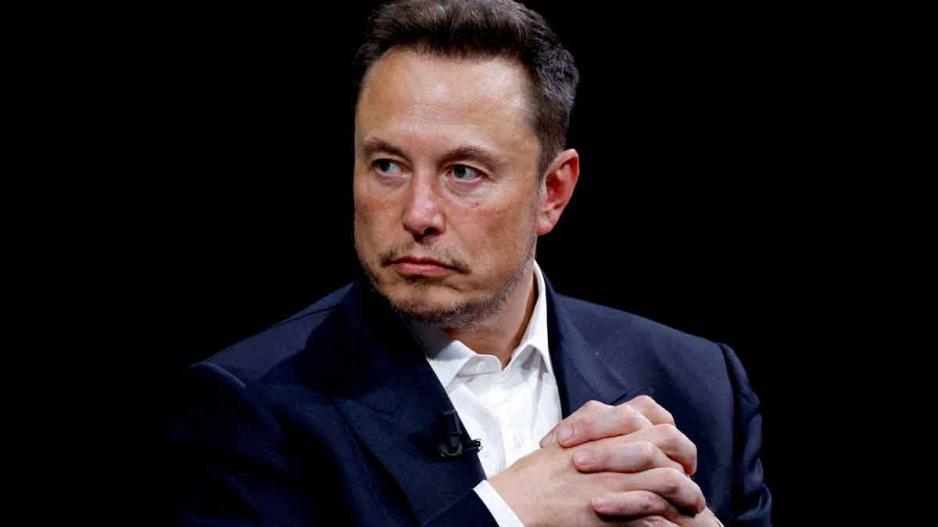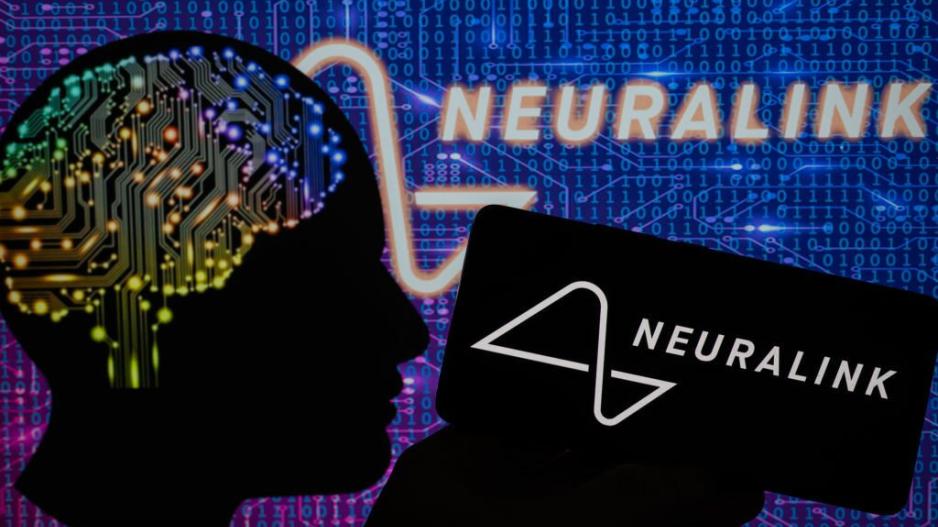Elon Musk Says Neuralink Has Implanted First Brain Chip in Human
For Businesses Crafting Medical Devices, Human Trials Are a Pivotal Step
Entrepreneur Elon Musk, the visionary behind Neuralink, has recently announced a groundbreaking achievement. According to Musk, Neuralink has successfully executed the implantation of a wireless brain chip into a human subject.
Musk shared this news on the social media platform X, previously known as Twitter. He highlighted that the initial brain activity recorded post-implantation is encouraging, and the patient involved is making a satisfactory recovery.
Neuralink's ambitious project aims to bridge the gap between human cognition and digital technology, offering potential solutions for intricate neurological conditions.
This field, though nascent, is not without competition. Several other entities have ventured into similar technological pursuits.
For businesses crafting medical devices, human trials are a pivotal step, and Neuralink's achievement marks the company's entry into an exclusive circle of companies who have achieved human implantation.
In a parallel achievement, the École Polytechnique Fédérale in Lausanne, Switzerland, has made strides in this domain, enabling a paralyzed individual to walk using thought-controlled electronic implants connected to the brain and spine. This breakthrough was documented in the respected journal Nature in May 2023.
However, Musk's recent claims about Neuralink's success lack independent corroboration, and detailed information about the procedure remains undisclosed.

Neuralink's journey has not been without its controversies. A report by Reuters in December 2022 highlighted that Neuralink's animal testing resulted in the deaths of around 1,500 animals, including sheep, monkeys, and pigs. Although the U.S. Department of Agriculture found no violations in July 2023, investigations continue.
The FDA granted Neuralink permission for human trials in May 2023, marking the beginning of a six-year study. This study involves the use of a robot to implant 64 ultra-thin threads onto a brain region controlling movement intention. These threads are designed to wirelessly transmit brain signals to an application, decoding the user's movement intentions.
In another update on X, Musk revealed "Telepathy" as Neuralink's first product, envisioned to enable users to control digital devices purely through thought. This technology, he suggests, could particularly benefit individuals with mobility impairments.
Musk drew attention to the potential impact on individuals like the late British scientist Stephen Hawking, hypothesizing significantly enhanced communication capabilities.
Recent studies in the U.S. have shown promising results with implants aiding in communication for those who have lost the ability to speak, illustrating the potential of this technology.






